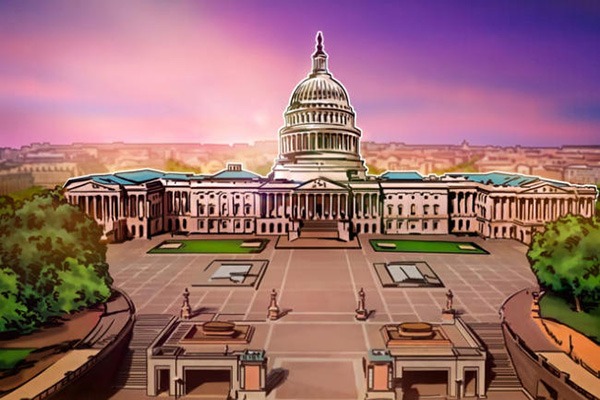The Senate approved a funding bill to reopen the U.S. government, awaiting a vote in the House of Representatives.

The U.S. government is gradually approaching reopening after a shutdown of more than 40 days, following a vote by several Senate Democrats to Republicans to pass a funding bill.
On Monday, the U.S. Senate held a late-night vote on a bill titled "Continuing Appropriations and Extensions for Fiscal Year 2026," which passed 60-40. The bill is expected to provide funding for the government until January 31, 2026, provided it passes the House of Representatives and is signed into law by President Donald Trump.
Because Tuesday is a federal holiday, the House of Representatives is not expected to reconvene until Wednesday at the earliest to vote on the bill. The forecasting platform Polymarket has adjusted its forecast, believing that the U.S. government will resume normal operations on Friday, likely after the House bill passes.

Source: Polymarket
During this government shutdown—the longest in the country's history—many federal agencies have furloughed employees and scaled back operations to cope with funding shortages.
Even if the bill passes and is signed into law immediately, it may take some time for employees to return to work. For example, the U.S. Securities and Exchange Commission (SEC)'s operating plan would allow employees to return to work "on the next regular business day after the appropriations legislation is enacted."
Negotiations on the structure of the digital asset market continue to move forward.
On Monday, the Senate Agriculture Committee leadership released a draft bill for discussion on a comprehensive bill regarding the structure of the cryptocurrency market. This draft was released after weeks of negotiations between Democratic and Republican lawmakers, approximately four months before the House passed its version of the legislation.
The government shutdown likely slowed the bill's progress; Republican leaders initially expected it to emerge from the Agriculture and Banking Committees by the end of October and be signed into law in 2026.
While Republicans still have a path to advance the legislation, North Carolina Senator Thom Tillis warned that delaying passage until after January or February could make the bill vulnerable during the 2026 midterm elections.









